Received via email:
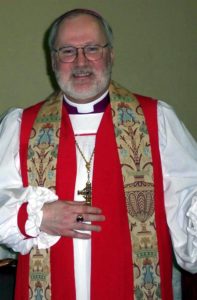 Bishop Charlie Masters has just welcomed Bishop Wm. Anderson and his wife Margaret into the Anglican Network in Canada.
Bishop Charlie Masters has just welcomed Bishop Wm. Anderson and his wife Margaret into the Anglican Network in Canada.
They continue to reside in Terrace, in Northern British Columbia. Bishop Bill has recently retired as Bishop of Caledonia. He has relinquished the exercise of ministry in the Anglican Church of Canada as of November 16, 2017.
As a retired bishop in ANiC, he will be given a General Permission from Bishop Charlie to exercise all the priestly functions such as preaching, teaching, and celebrating communion.
Bishop Charlie stated, “We are delighted to welcome such a godly orthodox bishop into our midst. His partnership in the Gospel, his supportive friendship, and his many years of experience in Christian service, will be a blessing to the future of the Anglican Network.”
This is excellent news for both ANiC and bishop Anderson.
I interviewed the bishop in 2010 and in that interview, he was still a little optimistic for the ACoC’s future:
At the same time, God has raised up some Godly new bishops in the church – and I don’t use that phrase lightly. They are really trying to be faithful and to do the right thing. What will happen? I don’t know.
I don’t know whether the shabby treatment that Rev. Jake Worley received at the hands of Anglican adherents of dogmatic liberal tolerance has evaporated that optimism but, considering this letter from bishop Anderson to archbishop Privett, the person who fired Worley, it seems likely. Another fine example of the all-inclusive Anglican Church of Canada hard at work driving out the last few real Christians from its midst:
Dear John;
I am writing to you further to the matter of the PHOB’s consideration of whether to confirm the Rev. Jake Worley as Bishop of Caledonia and the subsequent decision to withhold consent of his election.
As I reviewed the letter to Jake and the subsequent press release that you issued, I could not help but be so deeply disappointed in both the process and the way this matter came to a close.
Following a process in which Jake was subjected to a series of questions crafted by two chancellors of the church working behind the scenes, and in which the bishops made little direct contribution to the conversation, it became clear that both the questions and Jake’s responses were being analysed by the chancellors, and the national chancellor in particular. At no point was it suggested that Jake might avail himself of legal counsel.
The fact that the PHOB met and voted on May 12th, and waited until Monday the 15th to advise Jake by mail and a press release is shameful beyond words. It speaks to a process that was clearly politicized and crafted to place both he and the diocese at a disadvantage.
The reasoning outlined in the press release was dishonest, and deceitful for it alleged a position of which Jake was not directly and specifically asked. It also mischaracterized his affirmation of the oaths of our Church which he not only took, but clearly articulated his intention to honour.
As I noted in my previous letter to you, I am astounded at the line of reasoning that Chancellors McAdams and Jones set forth citing Resolution 72 of Lambeth 1988 as outlining the general teaching of the Church, in support of withholding consent of Jake as Bishop. By that standard most of the current bishops of the PHOB should not have been confirmed because of their public positions contrary to Lambeth 1:10. And as you know, notwithstanding that I personally registered my non-consent in those cases, not once were my objections given any due consideration, let alone the type of court on enquiry that Jake has been made to endure.
John, when I met with you a year ago to discuss my plans for retirement, I was given to understand that you would honour the canons of the Church and would ensure that the diocese would be able to elect their next bishop without political interference. My trust continued in spite of when the attempt to elect a coadjutor bishop went astray, in spite of my having cleared the process and the wording of the canon with you and the provincial chancellor. I expected that, given the care that was taken in convening the electoral synod, by having nominees provide detailed CV’s a month in advance, and in following the common practice in our province of having those details shared with the bishops, that the mind of the synod would be honoured and respected.
I cannot tell you how many times I have heard bishops say, particularly when they faced motions from within their synods to act contrary to Lambeth 1:10, that they had to concur because of the sanctity in which we hold a synod’s decisions.
And yet in this instance, no effort has been made to do anything other than to ignore the electoral synod, and to mischaracterize events around Jake’s ministry. I appreciate that the House must exercise due diligence. But as I said last week, it deeply troubles me that such straining at gnats with Jake whilst ignoring the broader damage and the blatant disregard of the canons and discipline of our Church by many of our episcopal colleagues is, to say the least, something I doubt Our Lord would look on with approval.
I am saddened beyond words, and my trust in the honour and spiritual integrity of the PHOB is irrevocably broken.
+William
The Rt. Rev. Wm. Anderson
(Retired)
Like this:
Like Loading...



 Bishop Charlie Masters has just welcomed Bishop Wm. Anderson and his wife Margaret into the Anglican Network in Canada.
Bishop Charlie Masters has just welcomed Bishop Wm. Anderson and his wife Margaret into the Anglican Network in Canada. From
From 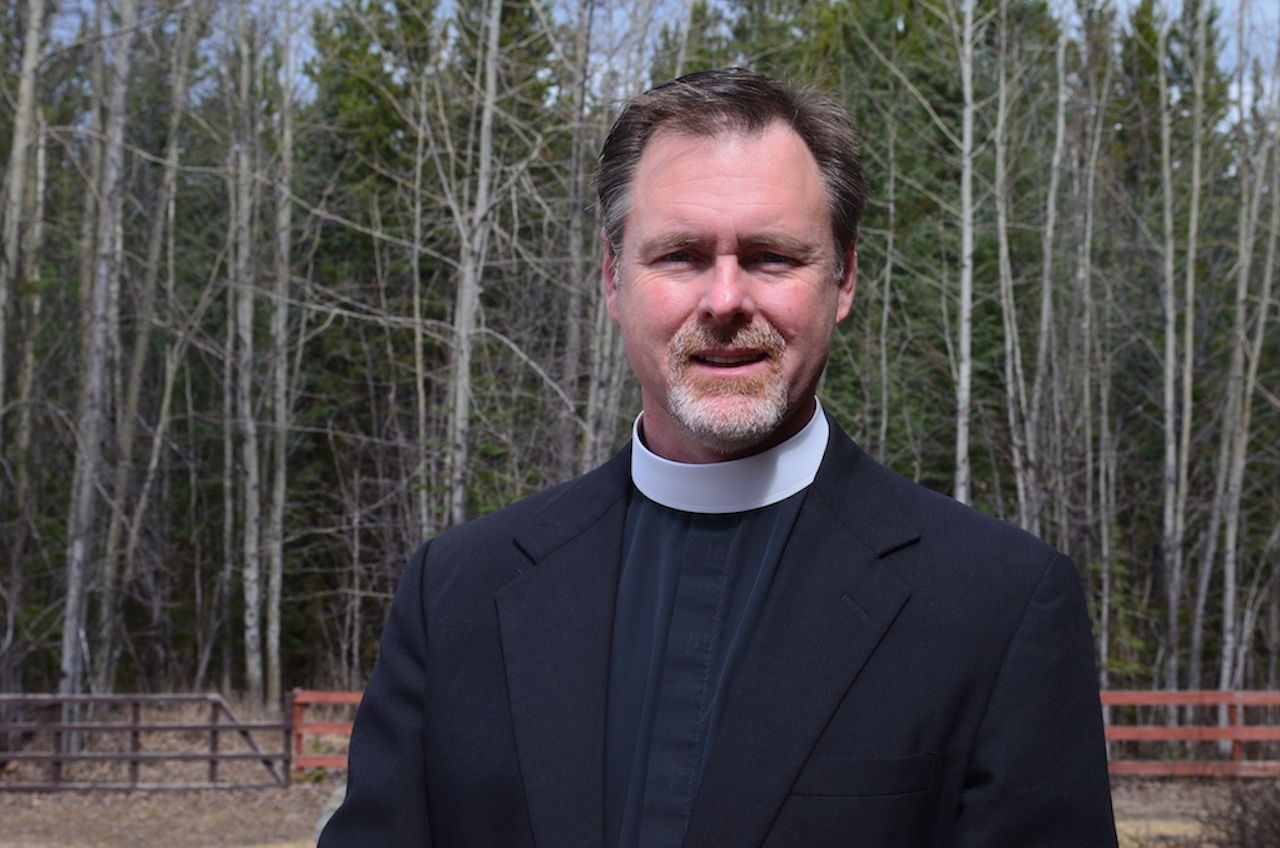 In a extraordinarily hypocritical
In a extraordinarily hypocritical 
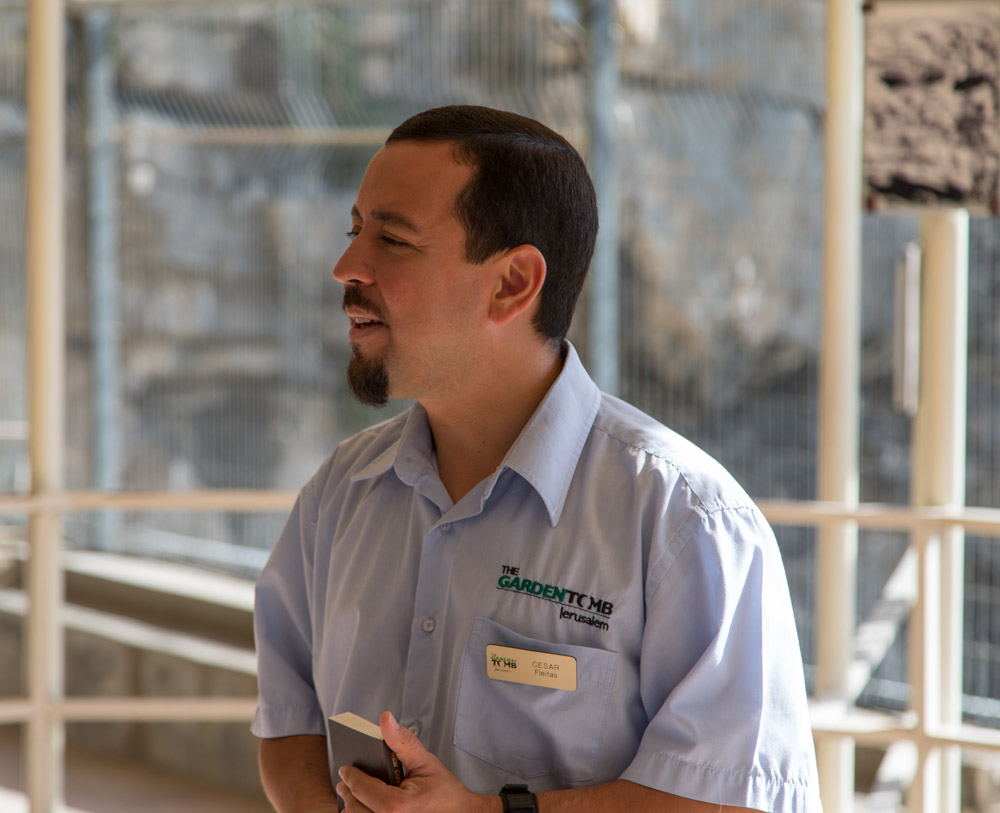
 From
From 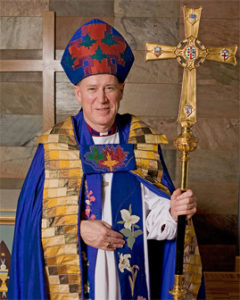 They are running out of money.
They are running out of money.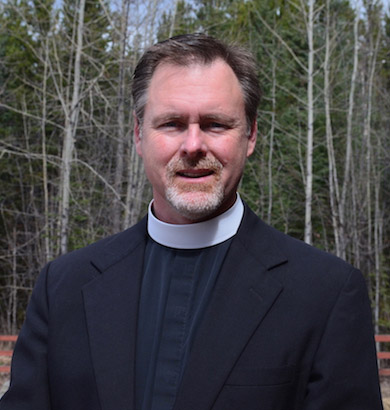 There aren’t many ways that lead to a priest being fired from the Anglican Church of Canada; in fact, providing one isn’t too enthusiastic about one’s faith, it is rather difficult. Criminal activity such as
There aren’t many ways that lead to a priest being fired from the Anglican Church of Canada; in fact, providing one isn’t too enthusiastic about one’s faith, it is rather difficult. Criminal activity such as 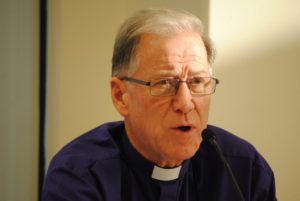 Hiltz made the comment in an address that began and ended by wondering what St. Paul might think of the church, what advice he might give it and how he might pray for it.
Hiltz made the comment in an address that began and ended by wondering what St. Paul might think of the church, what advice he might give it and how he might pray for it.